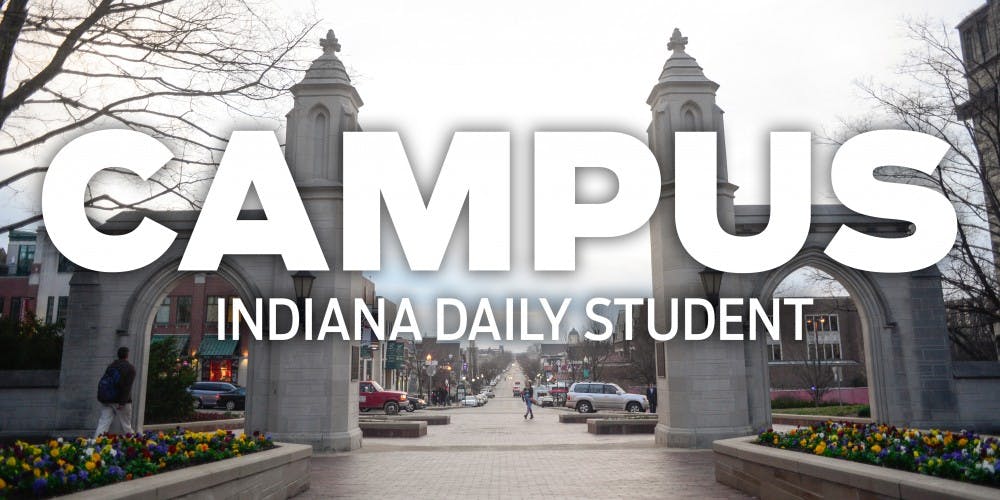IU’s Interfraternity Council began interviews for its first internal chapter evaluation plan two weeks ago. The process began with each chapter sending its executive board to IFC’s office in the Indiana Memorial Union.
IFC president Andrew Cowie designed the system and said IFC had completed more than half of its interviews and chapter interviews as of Wednesday. He said he felt comfortable he and his executive council would be able to meet their deadline this week.
“The hard work shown by the chapters is greatly appreciated by myself and my executive board,” Cowie said.
Cowie said each chapter receives a one-hour-long interviewing session where their executive boards are broken up into sections.
He said these sections are based on topics with the same concentrations or severity. Cowie said he and his vice presidents typically split up the members of the chapter’s executive board who deal with more serious issues like deterring hazing and alcohol violations from the rest.
Cowie said the separation of the executive board allowed every issue to be addressed because sometimes bigger themes can overshadow smaller ones when there’s only one discussion.
The plan is still in its initial stages, but comments about the plan from greeks like sophomore Ben Harrison have been positive so far. Harrison is a member of Tau Kappa Epsilon and said he liked the idea of an internal evaluation.
Harrison said the chapter evaluation plan could allow chapters to highlight their positives. He said he hoped a spotlight would be put on greek life’s better aspects like brotherhood and philanthropy if the plan were to succeed.
According to Cowie, success means assessing the 30 chapters in the IFC community through categories that include brotherhood, recruitment and risk policies in order to highlight strengths and weaknesses within the respective chapters.
Cowie said solutions for the greek community issues would not be possible without the initial interviews.
“Once they’re done, I’m going to need to spend a week or two going through that data,” Cowie said.“We hoped and planned to get a couple things out of it.”
Cowie said the ultimate goal is to have chapters working together in order to apply their strengths and resources to those in need.
Harrison said while he felt positive about the plan, he was not sure if everything could be resolved as a community. He said some issues are too personal to expose to the public. Harrison said he was also wary of biases.
“Some houses don’t get along and no one would benefit due to preexisting ideas,” Harrison said.
Regardless, Cowie said he was determined to create a set of standards for how chapters handle issues like hazing, drugs and alcohol.
“Based on those standards we can give chapters assessments and tell them ways to improve and continue working to improve those chapters,” Cowie said.






